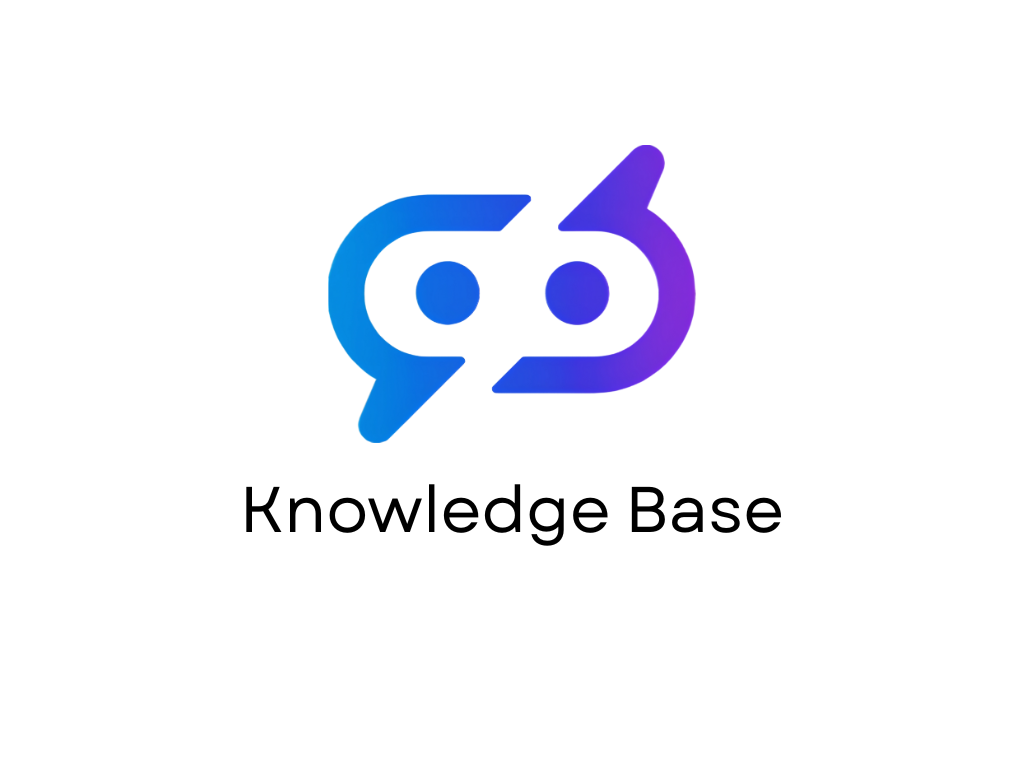
Hosted MCP Server for Google BigQuery
The Google BigQuery MCP Server enables seamless integration between AI tools and your BigQuery data warehouse. Execute SQL, explore schemas, and manage datasets...

This article explains how to connect FlowHunt with Odoo and other external BI platforms using MCP servers, details troubleshooting steps for MCP server errors, and offers clear setup instructions for seamless automation.
Integrating advanced business intelligence (BI) tools and enterprise resource planning (ERP) systems like Odoo with FlowHunt can dramatically improve process automation, reporting, and decision-making. However, the process of connecting these platforms—especially when using middleware like MCP (Middleware Communication Platform) servers—can introduce technical challenges, particularly for organizations unfamiliar with cross-system integrations. Users frequently encounter issues such as failed connections, authentication errors, or unexplained server outages, preventing them from leveraging the full power of FlowHunt and their external BI or Odoo data.
This article offers a step-by-step, in-depth guide to integrating FlowHunt with Odoo and other BI tools using MCP servers. It provides detailed explanations of the underlying technologies, describes the role and configuration of MCP servers, and walks you through troubleshooting common issues. Whether you are an IT administrator, business analyst, or developer, you’ll learn how to securely connect your systems, automate business processes, and resolve integration errors with confidence.
By following this guide, you’ll unlock new automation capabilities—such as automated record management, streamlined reporting, and AI-powered workflows—directly within your FlowHunt environment, using real-time data from Odoo and other business platforms.
MCP (Middleware Communication Platform) servers are specialized software components that serve as a secure bridge between FlowHunt and external platforms such as Odoo or other business intelligence tools. Instead of requiring direct, custom-built connections for every system, the MCP server acts as an intermediary layer, translating and securely transmitting data between FlowHunt and your chosen BI or ERP solution.
This architecture brings several advantages. First, it standardizes integration points, making it easier to connect multiple systems without custom coding for each pair. Second, it enhances security by managing authentication, authorization, and data transformation in a controlled environment. For example, the Odoo MCP server (see Odoo Apps Store ) allows FlowHunt to communicate directly with Odoo’s API, enabling real-time queries, record updates, and workflow automation. MCP is also extensible, allowing you to connect other BI tools (such as Power BI, Tableau, or custom dashboards) by implementing compatible connectors.
In practice, this means your FlowHunt platform can trigger actions in Odoo (like creating invoices, updating contacts, or fetching reports) or external BI tools with a single prompt or workflow, all while maintaining robust security and audit trails.
FlowHunt’s integration capabilities are designed to be flexible, supporting a variety of external platforms via the MCP server. Here’s an overview of how this works in real-world scenarios:
Odoo Integration: By connecting FlowHunt to the Odoo MCP server, you enable two-way communication. FlowHunt can fetch data from Odoo (such as sales orders, inventory, or customer details) and can also write data back (e.g., updating records, triggering workflows, or automating business processes). This is achieved via secure API calls managed by the MCP server, which handles authentication, data mapping, and error handling.
External BI Tools: Many organizations use BI platforms like Power BI, Tableau, or custom analytics tools to visualize and analyze business data. FlowHunt can route queries, trigger data refreshes, or automate report generation in these tools via MCP connectors. The MCP server translates FlowHunt’s requests into the appropriate API calls or data streams required by the BI platform.
Automation and AI Workflows: By leveraging these integrations, users can build automation pipelines—such as sending alerts when KPIs in BI dashboards cross thresholds, or auto-generating tasks in Odoo when certain business events are detected in FlowHunt.
For more details and official guides, refer to FlowHunt’s Odoo integration documentation: FlowHunt + Odoo Integration .
Follow these detailed steps to set up a connection between FlowHunt and your external BI tool or Odoo instance using an MCP server:
If you encounter problems when connecting FlowHunt to Odoo or external BI tools via MCP, follow these troubleshooting steps:
ping, curl, or browser access).To ensure smooth, secure, and robust integrations:
By following these guidelines, you’ll be able to connect FlowHunt with Odoo and BI tools via MCP servers, automate complex business processes, and resolve common integration challenges with confidence.
An MCP server acts as a middleware communication platform that enables FlowHunt to connect with Odoo or external BI tools. It facilitates secure data exchange and process automation between the systems.
Common reasons include network connectivity issues, incorrect server credentials, firewall restrictions, or misconfigured integration settings within FlowHunt or Odoo.
Yes, once FlowHunt is integrated with Odoo via the MCP server, you can automate workflows, records management, and trigger business actions directly from FlowHunt’s interface.
You can visit FlowHunt’s Odoo integration page (https://www.flowhunt.io/integrations/odoo/) and Odoo’s MCP module page (https://apps.odoo.com/apps/modules/16.0/llm_mcp) for detailed guides and downloads.
Verify that your API credentials and user permissions in both Odoo and FlowHunt are correct and active. Also, ensure the MCP server URL and token are correctly entered in FlowHunt’s integration settings.

The Google BigQuery MCP Server enables seamless integration between AI tools and your BigQuery data warehouse. Execute SQL, explore schemas, and manage datasets...

A comprehensive guide for integrating your LiveAgent (LA) account with a FlowHunt automation flow, including setup steps, message configuration, and support acc...

A technical guide to mastering advanced FlowHunt integration with LiveAgent, covering language targeting, markdown suppression, spam filtering, API versioning, ...
Cookie Consent
We use cookies to enhance your browsing experience and analyze our traffic. See our privacy policy.